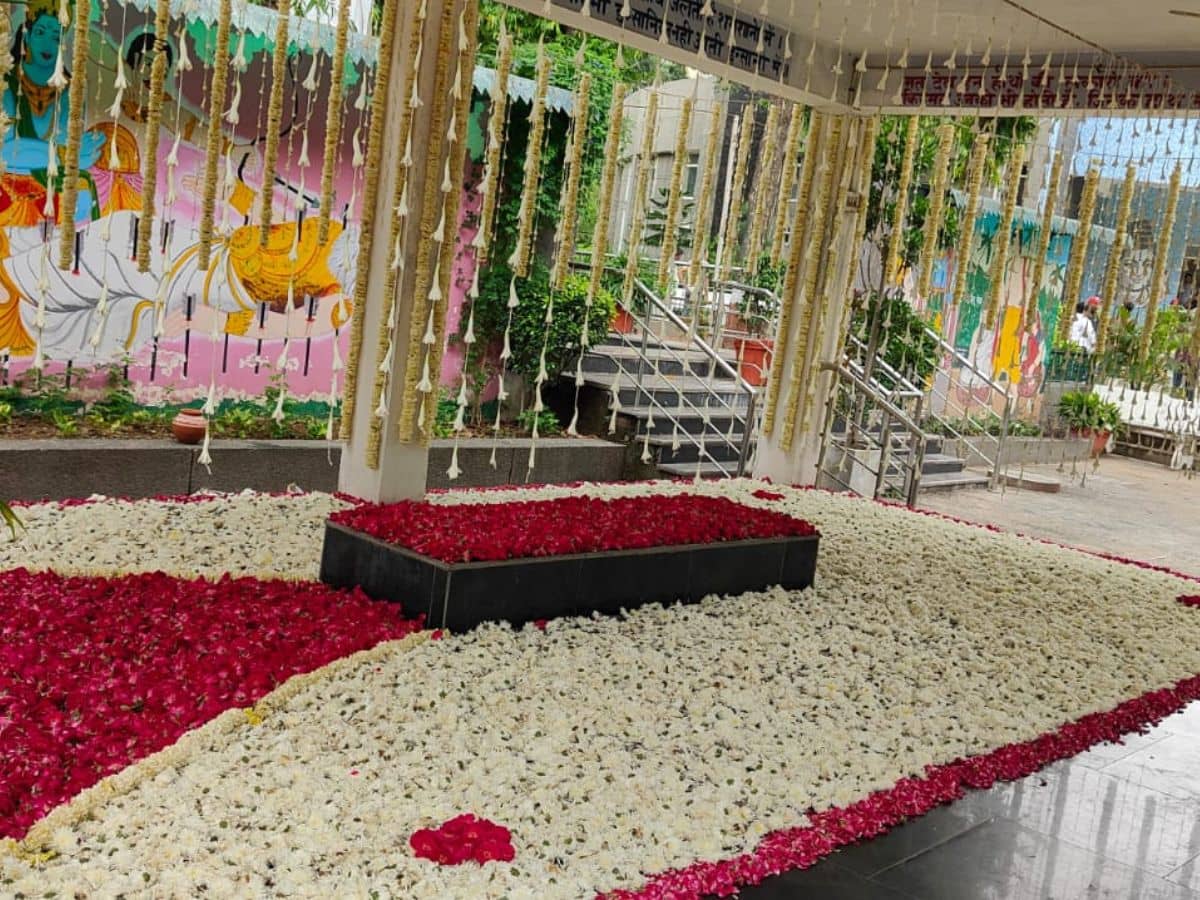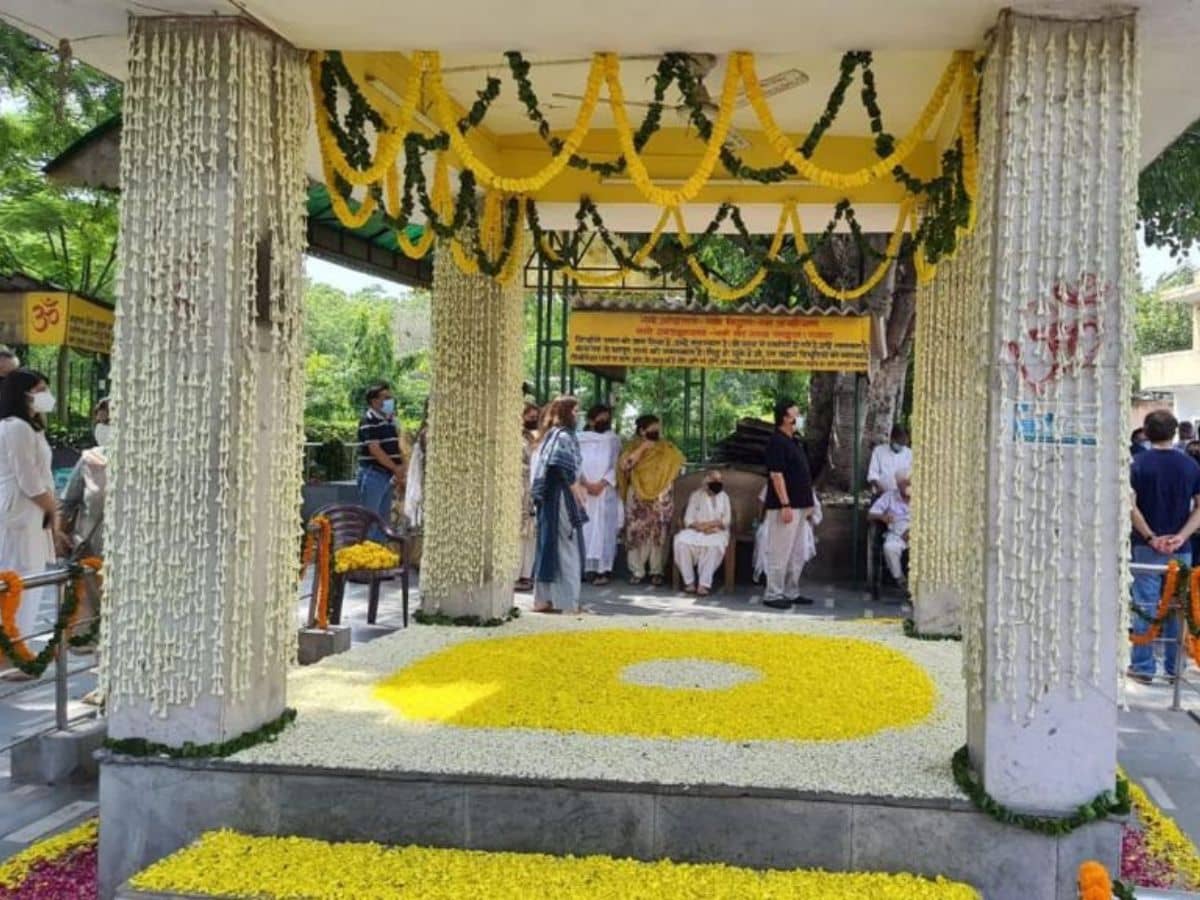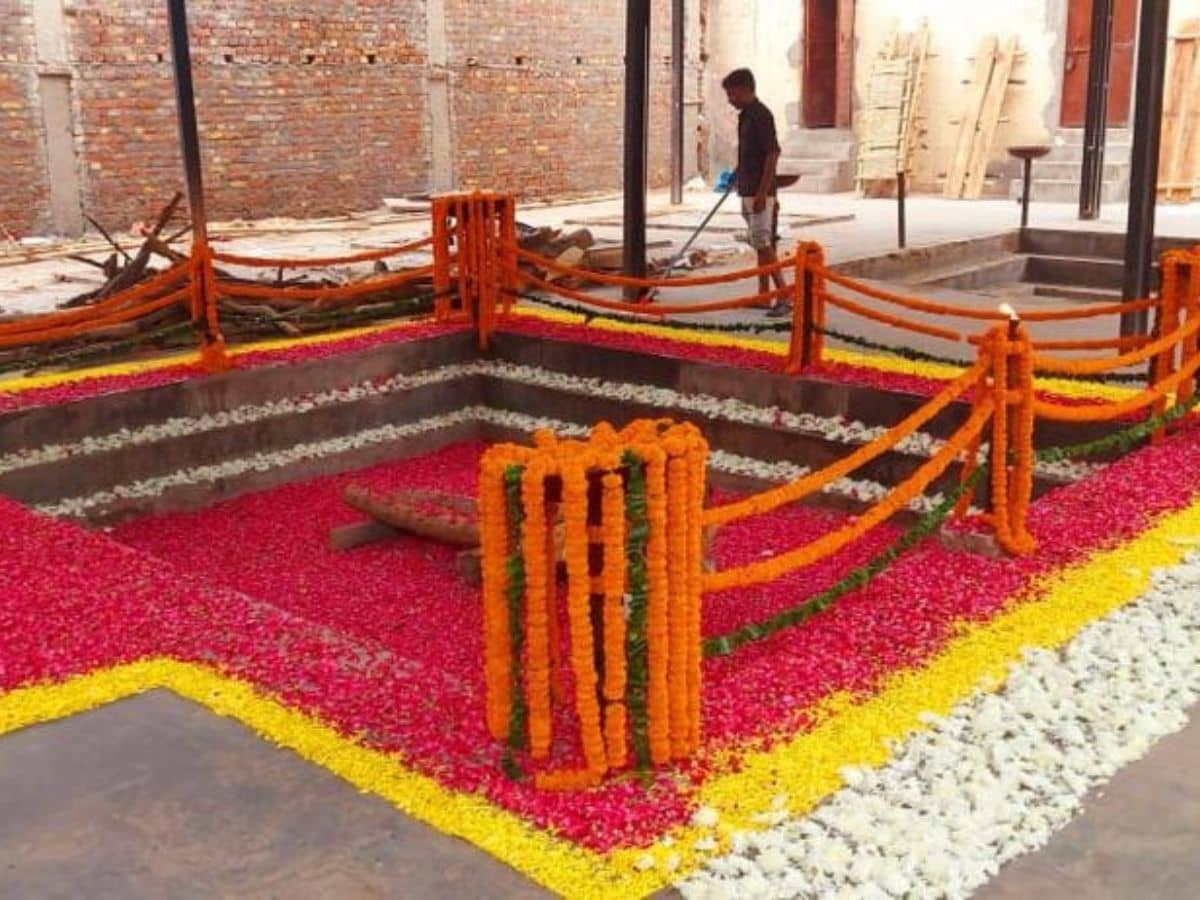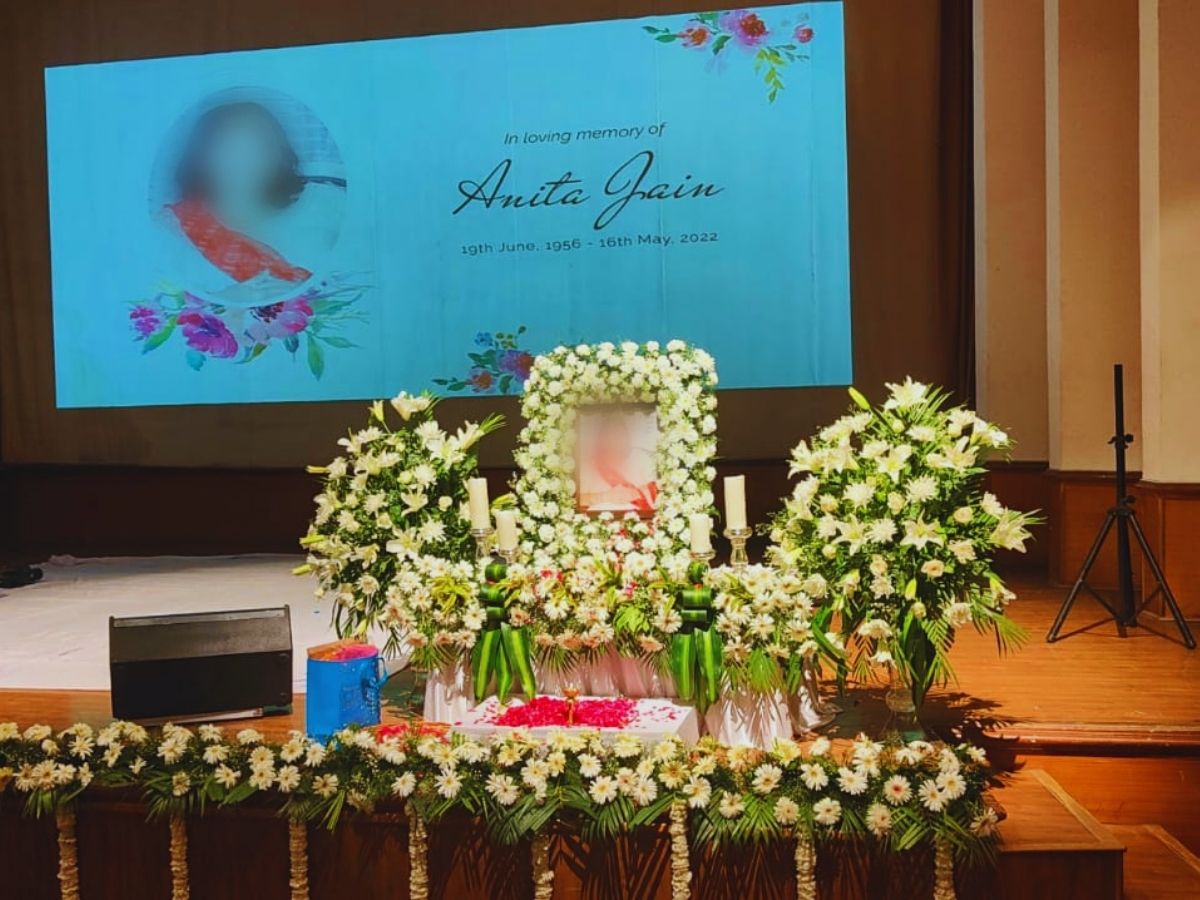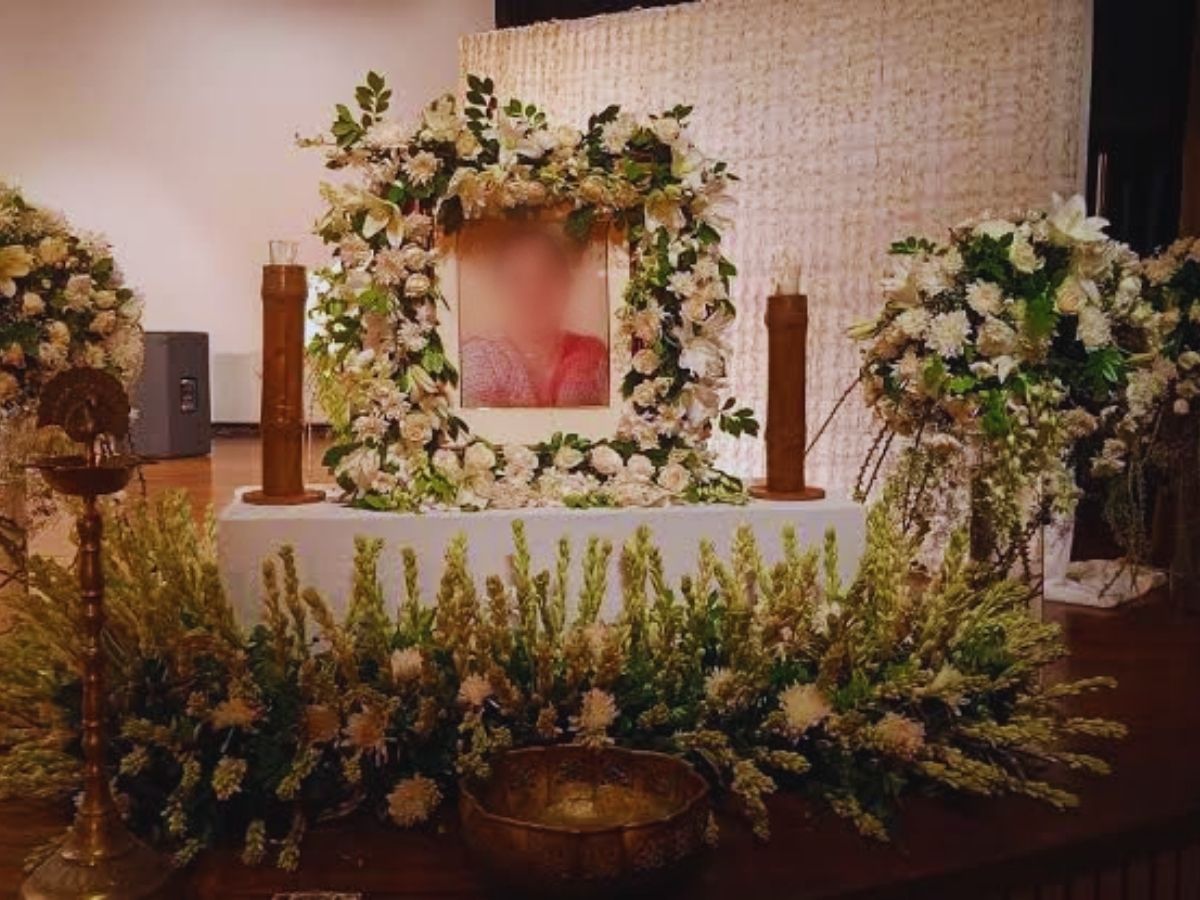We're here to offer constant support. Whether you need immediate assistance after the passing of a loved one or want to explore pre-planning for a funeral, you can contact us anytime.
Hinduism is the third-largest religion in the world, with billions of followers globally. Religion teaches a person’s duty in various phases of life. At the same time, religion makes people aware of the afterlife. According to the Hindu scripture, every human soul is immortal. The soul changes the body and comes back to the earth until the goals of life get fulfilled.
When a soul leaves a body, the family members and friends of the departed soul have some duties to fulfil. Chauth ceremony means the fourth day of the player and mourning after the funeral. Similarly, Terahvin is the thirteenth and final day of mourning after the death of an individual. In addition to Hindus, some followers of Sikhism also practice these rituals.
Reincarnation is the core to which the Hindu faith belongs. It is the belief that the soul has a chance of rebirth in another form after its death. The soul stays and continues its journey even after the physical body dies. The journey of the soul continues even if it leaves the body.
It can take several lifetimes, and with each death, the soul reaches a step closer to the Hindu God, Brahma. The reincarnation of the soul happens depending on people’s actions in their previous lives. According to the Veda, the oldest Hindu scripture, every soul has a goal. When the goal gets fulfilled, a soul does not need reincarnation anymore.
Hindus believe that the physical body would serve no purpose and therefore it need not be preserved after death. They select to cremate their deceased as they believe that this is the best way to release the soul of their loved one. It is this way that helps the soul to its journey of reincarnation.
For a long time, the funeral ritual of Hindus includes immersing the ashes of a body after cremation in the holy water of the River Ganges. CHAUTHA and Terahvin rituals have been performed before the immersion of the ashes in the water.
The Terahvin ritual includes Uthala, also known as Antim Sangskar. In the presence of a pandit or priest, the ceremony has been observed. RasamPagri is a short ritual where the elderly surviving member of the deceased’s family has to tie a turban on his head. RasamPagri is an intetgral part of the Chautha ritual.
Hinduism is a vast religion with many diversities. For this reason, rituals may vary from one place to another place. The period for mourning after the death of a person typically lasts for ten to thirty days. On the 13th day or Tehravin, the grieving family holds a ceremony conducting rituals for releasing the deceased’s soul to the journey of reincarnation.
According to Hindu traditions, the family of the departed soul has to perform a few rituals one year after the death of an individual.
